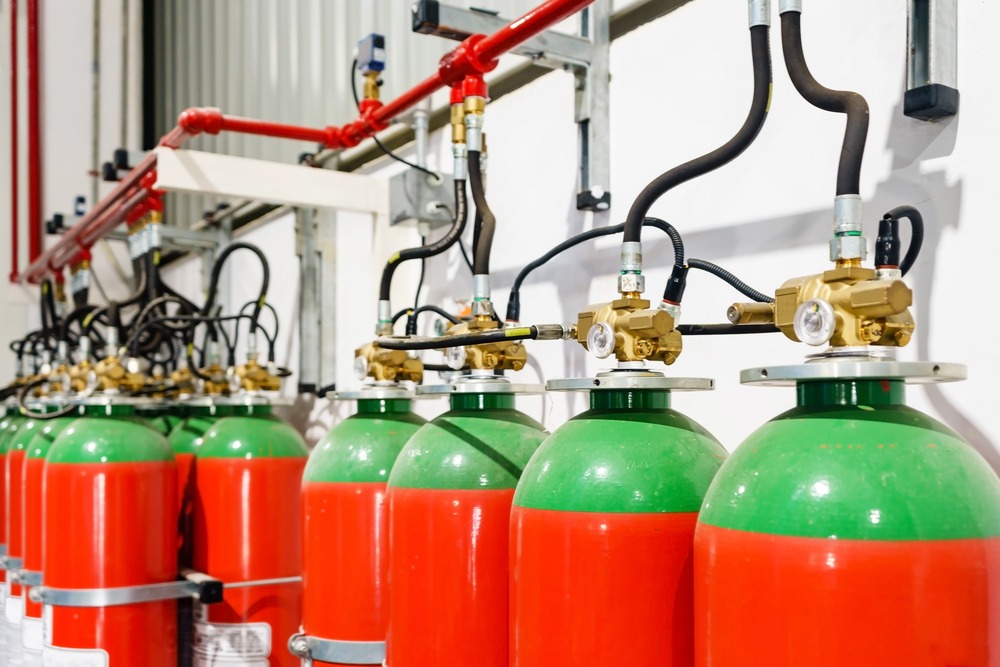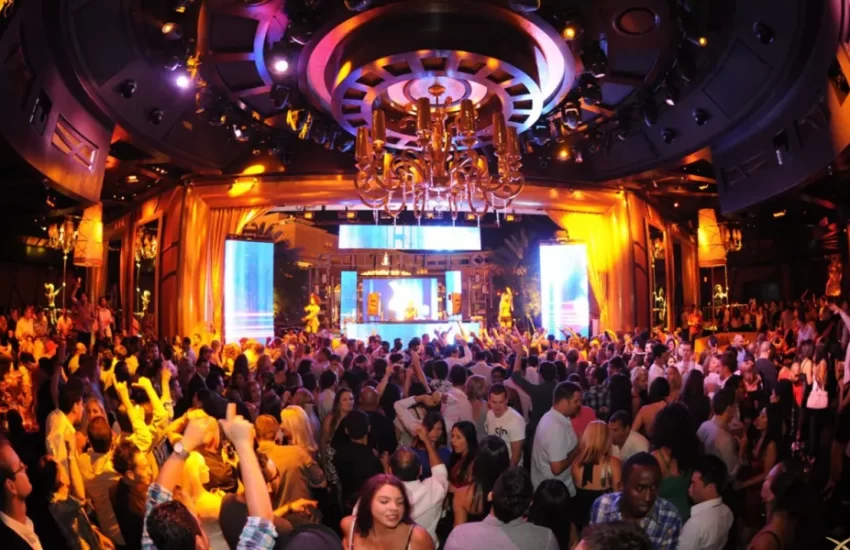Fire Suppression Advantages
In addition to effectively controlling fires, fire suppression systems can be more environmentally friendly. They use clean agents that leave no residue or water behind. Additionally, these systems can be economical and reliable. Clean agents can also be better for sensitive equipment and spaces. Clean agents can also suppress fires in buildings with high ceilings.
Leave No Water or Residue
Clean agent fire suppression systems are an effective way to protect electronics and other sensitive materials from fire. They are available in a wide range of price ranges and design options. Clean agent systems work on the molecular level, eliminating heat and leaving no residue or water. They are ideal for applications where minimal downtime is necessary. Clean agent systems can be effective on many scales, from industrial plants to museums.
A clean agent fire suppression system uses inert gases like carbon dioxide or nitrogen to extinguish fires. These agents can be stored in liquid or gas form and released in seconds. They are safe for employees and equipment and do not damage irreplaceable items. Additionally, the system leaves virtually no residue or water, leaving the room free of soot or smoke.
Cost Effective
A fire suppression system can be an extremely cost-effective addition to your business. Fire suppression systems are designed to stop a fire before it spreads and can save thousands of dollars in property damage. These systems work on a threshold temperature and release a suppression agent to contain the fire and minimize damage. They can also reduce your liability in the event of a fire-related lawsuit.
Fire suppression systems also benefit commercial mariners, who often work far offshore without assistance. These systems provide adequate protection to passengers, crew, and cargo. They are also a cost-effective long-term solution you can fire suppression installation Mt Vernon NY. While other fire safety systems may cost less initially, they typically use a lower quantity of suppression fluid and may become outdated in a few years.
Reliable
Fire suppression systems are highly reliable and have the potential to protect both property and people. These systems deliver fire-extinguishing agents through a network of fixed pipes. They should be checked for proper operation and cleaning after each use. In addition, they should be maintained regularly to ensure their reliability and longevity.
A reliable fire suppression system can be an expensive investment. Getting your money’s worth is essential, and you must ensure that the method you choose will last. You’ll need to consider several factors when choosing the right one, such as its lifespan and type of fire suppressant.
Eco-Friendly
Fire suppression systems are now available with environmentally friendly features, and some are even customized to meet the goals of green initiatives. These systems use clean agents with little or no environmental impact and are easy to clean. Some are also more effective than fire sprinkler systems in certain circumstances. The key to creating an environmentally friendly fire suppression system is to consider the types of building materials and the environment in which you live.
For the most part, fire suppression systems are environmentally friendly, but some chemicals can harm the environment. Some systems use fluorine-free foams, which do not produce pollutants that can move through the soil and into drinking water. Fluorine-free foams have the same performance as systems with per-fluoroalkyl agents but are safer for human health.
Protect Critical Equipment
Fire suppression systems protect critical equipment from fires, reducing damage while leading people and equipment out of danger. The systems use chemical agents or water mist to create fires and leave little or no residue. Some systems can even be used in power generation facilities and industrial processes.
Choosing the right fire suppression system depends on the fire risk and business needs. A water-based system can destroy valuable IT gear, which is acceptable for local governments and insurance companies. However, the loss of operations will cause the operators to place a higher value on maintaining operations.
Fire suppression systems use chemical or clean agents, which are safe for the environment. These agents are non-corrosive, non-volatile, and odorless. They do not leave behind residue and are not harmful if breathed. Clean agents also have the added benefit of preventing fire spread by containing damage to assets and occupants.









